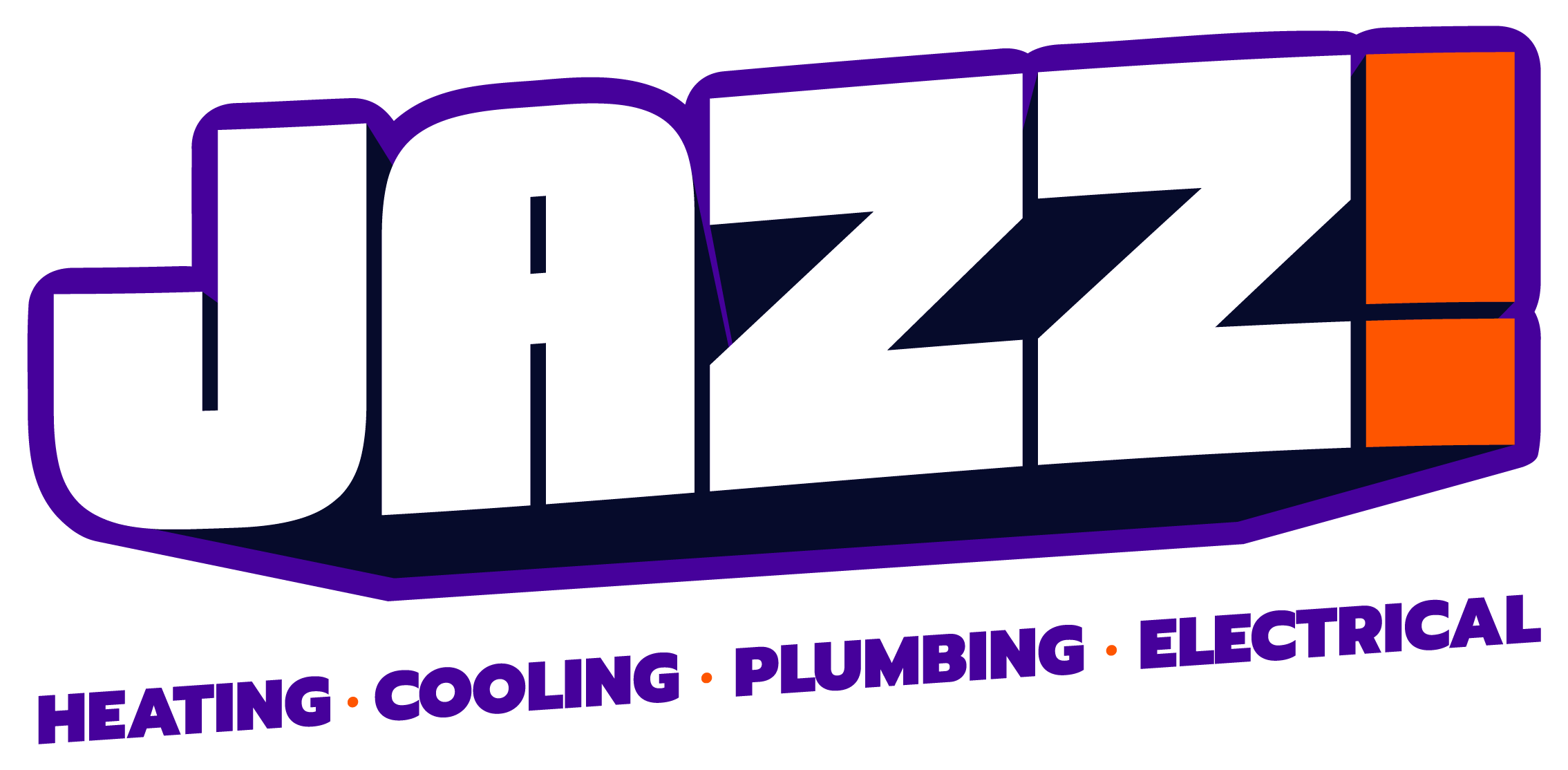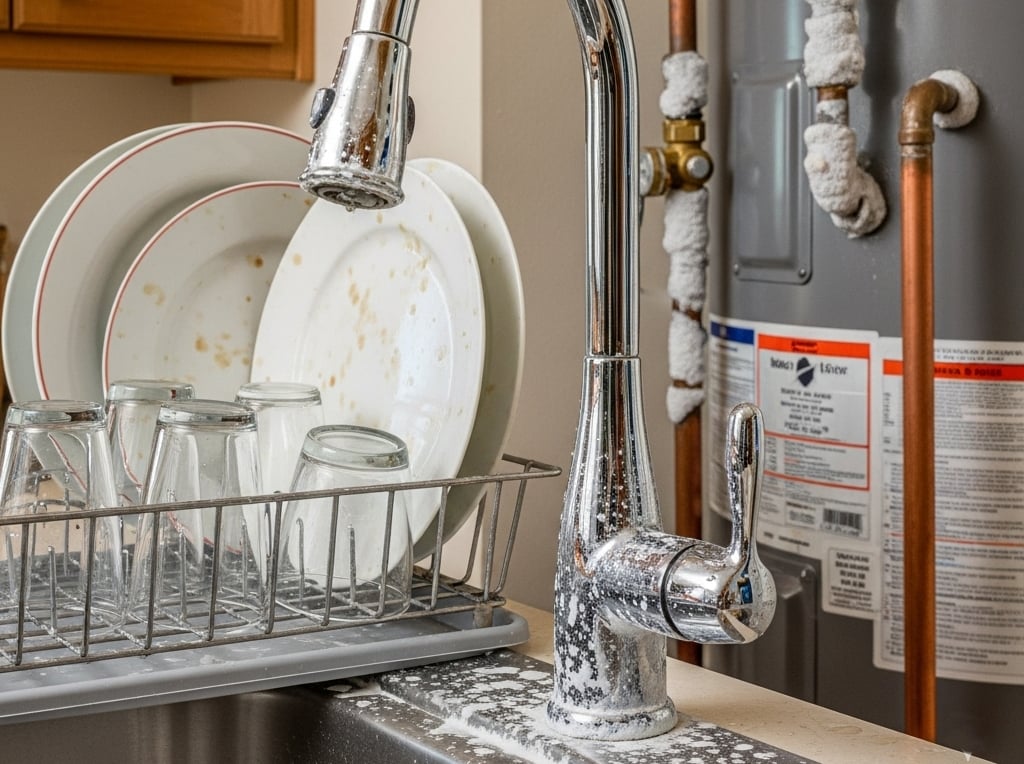If you’ve noticed stubborn white spots on your faucets, soap that doesn’t lather, or water that tastes a little “off,” you might be dealing with hard water. Many homes across Sonoma County — especially those in rural areas or using well water — experience the challenges of mineral-heavy water. While it may not be harmful to your health, hard water can take a serious toll on your plumbing, appliances, and even your wallet.
At Jazz Heating, Air Conditioning and Plumbing, we help local homeowners understand and solve hard water issues before they lead to costly damage.
What Is Hard Water?
Hard water is water with high levels of dissolved minerals, primarily calcium and magnesium. Over time, these minerals leave behind scale — a chalky buildup that clings to pipes, fixtures, and appliances.
Local note: Many parts of Napa and Sonoma have naturally higher mineral content in groundwater, so hard water is a common issue for homes relying on private wells.
Signs You Have Hard Water
- Spots on dishes and glassware even after washing.
- Soap scum buildup in showers and sinks.
- Dry skin and dull hair after bathing.
- Low water pressure from scale-clogged pipes.
- Appliance problems, like water heaters or dishwashers wearing out too soon.
If these sound familiar, your plumbing may already be feeling the effects.
How Hard Water Damages Plumbing and Appliances
1. Scale Buildup in Pipes
Mineral deposits gradually narrow the inside of your pipes, reducing water flow and increasing the risk of clogs. In older Santa Rosa homes, this can compound existing issues with aging plumbing.
2. Reduced Water Heater Efficiency
Hard water makes your water heater work overtime. Minerals settle at the bottom of the tank, forcing it to heat through an insulating layer of scale. This not only wastes energy but also shortens the lifespan of the unit. Even tankless water heaters aren’t immune — scale can clog heating elements and reduce efficiency.
3. Fixture Damage
Faucets, showerheads, and valves often develop stubborn buildup that restricts flow and causes leaks. Over time, the corrosion can lead to costly replacements.
4. Appliance Wear and Tear
Dishwashers, washing machines, and ice makers all suffer when exposed to mineral-heavy water. These appliances may require more frequent repairs or premature replacement.
What You Can Do About Hard Water
Install a Water Softener
A water softener is the most effective way to treat hard water. It works by exchanging calcium and magnesium ions for sodium or potassium, preventing scale buildup. With softened water, your plumbing lasts longer, appliances run more efficiently, and cleaning becomes much easier.
Consider Water Filtration Systems
In some areas, homeowners combine water softeners with whole-home filtration systems. This not only addresses hardness but also improves taste and removes other contaminants.
Schedule Regular Plumbing Maintenance
Even with a softener, routine service helps keep your system healthy. Professional plumbers can flush water heaters, check pipes for scale buildup, and recommend upgrades if needed.
Pro tip: If your home uses well water in places like Sebastopol or rural Sonoma, annual testing is a smart way to monitor mineral content and make adjustments.
Why Addressing Hard Water Matters
- Lower utility bills: Water heaters and appliances work more efficiently.
- Longer-lasting plumbing: Pipes and fixtures stay cleaner.
- Healthier skin and hair: Softer water rinses away soap and shampoo more effectively.
- Cleaner home: No more stubborn white spots on sinks, tubs, or dishes.
Solve Your Hard Water Problems with Jazz
Hard water may seem like just a nuisance, but left unchecked, it can cost you hundreds — even thousands — in plumbing repairs and appliance replacements. At Jazz Heating, Air Conditioning and Plumbing, we provide expert solutions, from water heater service to whole-home water filtration and softening systems.
Call Jazz Heating, Air Conditioning and Plumbing today to schedule your water quality consultation and protect your plumbing from hard water damage.

